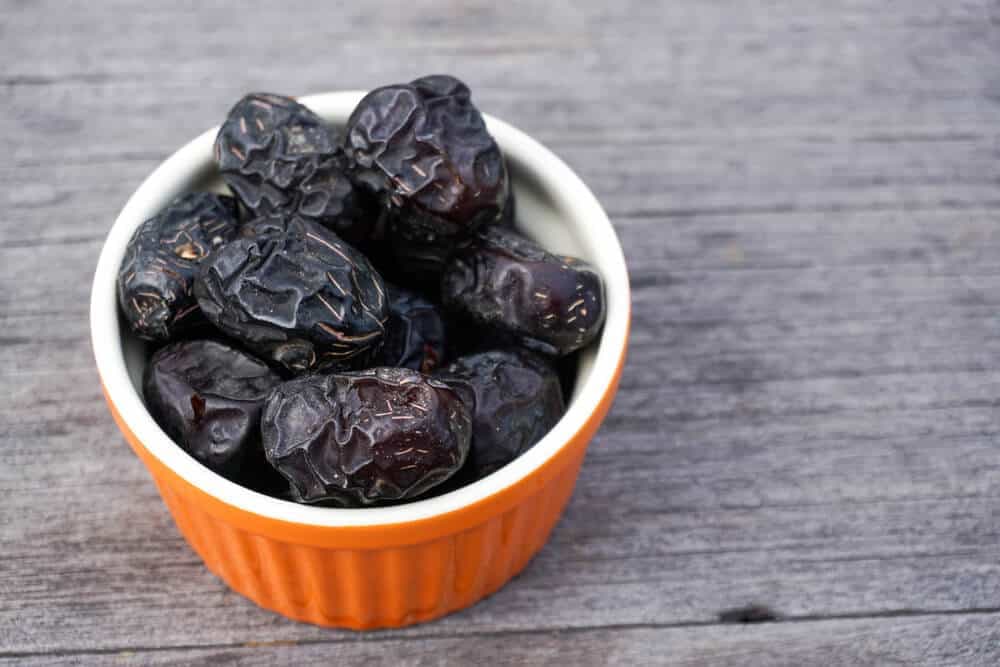
The Historical Significance of Dates Fruit in Malaysia
Introduction
Dates fruit holds a special place in Malaysian culture, with a rich history that spans centuries. The significance of dates extends beyond their culinary appeal, as they are deeply rooted in traditions and customs. In this blog post, we will delve into the historical significance of dates fruit in Malaysia and define the meaning of harga kurma, shedding light on the cultural and culinary importance of dates in the country.
1. Historical Significance of Dates Fruit in Malaysia
1.1 Dates in Traditional Malay Cuisine
Dates have long been an essential ingredient in traditional Malay cuisine. They are used in various dishes, desserts, and beverages, adding natural sweetness and unique flavors. Dates are often incorporated into traditional recipes such as sweet porridge (bubur kurma), rice dishes (nasi kurma), and desserts like sticky rice with dates (pulut panggang). The natural sweetness of dates helps balance the flavors of savory dishes, while also providing a delightful burst of flavor in desserts. The presence of dates in Malay cuisine reflects the cultural significance and historical importance of this fruit in the culinary heritage of Malaysia.
1.2 Symbolism and Cultural Significance
Symbols and cultural significance are deeply intertwined with dates in Malaysian culture. Dates hold great symbolism, particularly in religious observances and festive celebrations. During the holy month of Ramadan, dates are traditionally consumed to break the daily fast, symbolizing sustenance and blessings. The act of sharing dates among family, friends, and communities fosters unity and goodwill. Furthermore, dates are often offered as a gesture of hospitality to guests, reflecting generosity and warmth. In festive occasions such as Eid al-Fitr, dates hold cultural significance as a traditional food item, symbolizing abundance, prosperity, and the joy of celebration. The cultural significance of dates in Malaysia goes beyond their nutritional value, as they serve as a symbol of tradition, togetherness, and the rich heritage of the Malaysian people.
1.3 Trade and Influence
The historical trade routes that connected Malaysia to the Middle East and India played a significant role in introducing dates to the region. The exchange of goods and cultural influences shaped Malaysian cuisine and traditions, including the incorporation of dates into local customs. The trade of dates also contributed to their availability and popularity in Malaysia.
2. Defining Harga Kurma
2.1 Understanding “Harga”
In the Malay language, “harga” refers to the price or value of a particular item or commodity. It represents the monetary worth or estimation of an object based on various factors such as quality, demand, and supply.
2.2 Significance of “Kurma”
“Kurma” is the Malay term for dates. It represents the fruit itself and holds cultural and culinary significance in Malaysia. The term “harga kurma” encompasses the value or price associated with dates and reflects the perception and market demand for this fruit.
Conclusion
The historical significance of dates fruit in Malaysia is deeply interwoven into the country’s culture, traditions, and cuisine. From its presence in traditional Malay dishes to its symbolism in religious and festive celebrations, dates hold a special place in the hearts of Malaysians. Furthermore, the term “harga kurma” defines the value and market price of dates, reflecting their cultural and culinary importance.
Key Highlights:
– Dates fruit has a rich historical significance in Malaysia, spanning centuries.
– They are widely used in traditional Malay cuisine, adding flavor and sweetness to various dishes.
– Dates hold symbolic value in religious observances and festive celebrations, fostering unity and goodwill.
– Trade routes influenced the availability and popularity of dates in Malaysia.
– “Harga kurma” refers to the value or price associated with dates, reflecting their perception and market demand.